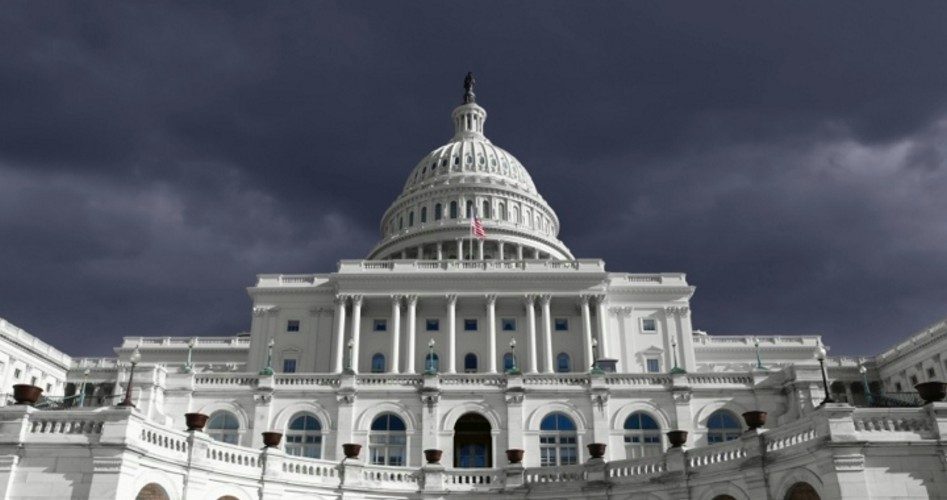
Ever since the completion of the Trans-Pacific Partnership (TPP) negotiations was announced on October 5, there has been a lot of speculation about when the TPP would be voted on by Congress. Some have thought that the various notification periods could be compressed, overridden, etc., so that Congress could vote on the TPP by the end of the year; however, with each passing week, this possibility looks less likely.
Most observers have pointed to early 2016 as the soonest we could expect a TPP vote. Everyone agrees that the closer we get to the 2016 elections, the less chance there is that Congress will vote on the agreement. A few pundits have even ventured to predict the TPP deal will not be passed any time in 2016 before the presidential elections due to widespread opposition in Congress. They go on to predict that Congress will vote on TPP in a lame-duck session after the November 2016 elections.
This lame-duck scenario does make a lot of sense. For the many members of Congress in a lame-duck session who will have already retired or been defeated, the accountability to the voters back home will be zero. Such representatives and senators would be more susceptible to the wiles of the TPP lobbyists than usual.
All of the above has been based on speculation. However, on October 15 Politco posted an article, “TPP bound for lame duck?,” that provides the following evidence that two senior GOP staffers believe that the TPP vote will definitely be postponed until after the 2016 elections:
The message of Mike Sommers, Speaker John Boehner’s chief of staff, and Hazen Marshall, policy director for Senate Majority Leader Mitch McConnell (R-Ky.), at a Ripon Society meeting Wednesday [October 14] was “TPP is dead until the lame duck,” according to one attendee.
The good news for us in this story is that a couple of senior Republican congressional staffers think opposition to the TPP is widespread enough to make it impossible to approve before the November 2016 elections. If they are right, anti-TPP activists have another year to work on increasing the opposition to TPP to make sure it doesn’t pass.
The bad news is that a less-accountable-to-voters lame duck session after the 2016 elections can be utilized to make it easier to pass TPP, if its promoters are not successful earlier.
Even though the TPP vote might be postponed until late next year, TPP opponents need to keep on working to stop the TPP as if a vote could happen as soon as early 2016. A vote on TPP will occur in Congress just as soon in 2016 as its promoters think they have enough votes for approval.
Related article:



